Joining a national effort to test new ways to find cancer
As part of the Cancer Screening Research Network, our researchers will study new screening approaches, such as blood tests that look for many cancers at once.
We’re testing new ways to find cancers earlier.
The National Cancer Institute has selected Kaiser Permanente to be part of its Cancer Screening Research Network.
The effort supports the nation’s Cancer Moonshot initiative, a White House-led initiative to reduce cancer deaths in the U.S. by half by 2047.
Studying new screening options
This is an exciting opportunity for our patients to play a critical role in the studies that will help us learn more about these screening tests. Stacey Honda, MD
The Cancer Screening Research Network will conduct studies testing new ways to find cancers earlier, when they may be easier to treat.
“Our network’s first clinical trial will study new blood tests that look for many different types of cancers at one time,” said Jeffrey K. Lee, MD, MPH, a Kaiser Permanente research scientist and gastroenterologist. “We want to learn how these tests affect our members and see if patients really do benefit or if they end up having additional tests they didn’t need.”
Improving care for members and communities
This work is an example of how Kaiser Permanente’s research may improve care not only for our members but also for people across the country.
“The link between Kaiser Permanente researchers and our integrated care and coverage can be a major attribute in large studies like this,” said Debra Ritzwoller, a co-principal investigator in the collaboration between the Kaiser Permanente Institute for Health Research, the Kaiser Permanente Center for Integrated Health Research, and the University of Colorado Cancer Center.
Increasing diversity in clinical trials
The research network will enroll people of all races and ethnicities in its clinical trials. In the past, medical studies often mostly included men and people who are white. This can make it hard for doctors to know if the research findings apply to all groups of people.
“Part of what makes Kaiser Permanente special is that we have so many patients contributing to cutting-edge research,” said Stacey Honda, MD, a co-principal investigator working alongside Ritzwoller and the University of Colorado Cancer Center. “This is an exciting opportunity for our patients to play a critical role in the studies that will help us learn more about these screening tests.”
Learn more about the National Cancer Institute’s Cancer Screening Research Network.
-
Social Share
- Share Joining a National Effort to Test New Ways to Find Cancer on Pinterest
- Share Joining a National Effort to Test New Ways to Find Cancer on Linkedin
- Share Joining a National Effort to Test New Ways to Find Cancer on Twitter
- Share Joining a National Effort to Test New Ways to Find Cancer on Facebook
- Print Joining a National Effort to Test New Ways to Find Cancer
- Email Joining a National Effort to Test New Ways to Find Cancer

April 17, 2024
5 common health conditions men don’t like to talk about
Some of the most common conditions affecting men carry a social stigma …

April 1, 2024
Lynch syndrome: Managing the risk of hereditary colon cancer
Lynch syndrome is a gene mutation that increases colon cancer risk. Learn …

March 20, 2024
Life after cancer: Surviving and thriving
A healthy life after cancer is possible. Learn how Kaiser Permanente helps …

March 13, 2024
A call to 'Connect' to uncover the causes of cancer
Learn more about a study to help prevent cancer.
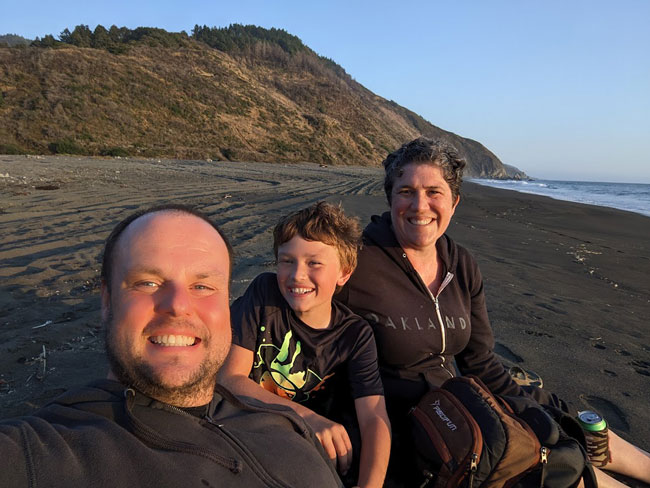
March 6, 2024
Colon cancer screening: She’s glad she didn’t wait
A timely preventive test reveals Rebecca Kucera has cancer. Swift treatment …

March 5, 2024
Researchers look for ways to find pancreatic cancer early
Early detection of the disease, before it becomes advanced, will increase …

February 26, 2024
What you need to know about colon cancer screenings
Screening for colorectal cancer is recommended for most people starting …

February 21, 2024
Recovering at home after a double mastectomy
Innovative surgical recovery program helps breast cancer patients safely …

January 24, 2024
A full-circle journey for one cancer survivor
Grateful for compassionate and successful Hodgkin lymphoma treatment at …

January 10, 2024
‘You don’t know unless you ask them’
Kaiser Permanente’s Patient Advisory Councils help us create exceptional …

December 26, 2023
How to prevent cervical cancer
Cervical cancer is highly preventable. Learn how HPV vaccination and regular …
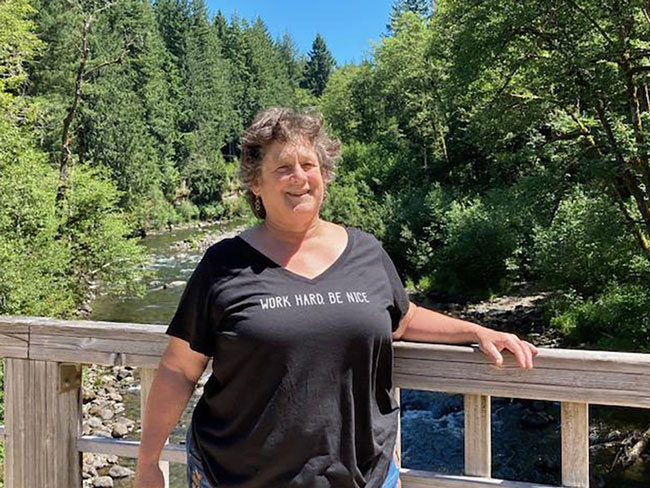
December 13, 2023
Nurse navigators guide patients from diagnosis to treatment
An unexpected cancer diagnosis left Jennifer Martin unsure of the next …

December 6, 2023
Leading research with gratitude
Learn how you can participate in a study to uncover what causes cancer …

December 1, 2023
Surviving — and thriving — after cancer
From diagnosis to recovery, David Parsons, MD, shares how screening, treatment …

November 21, 2023
Surviving lung cancer as a nonsmoker
As a lifelong nonsmoker, Mariann Stephens was shocked to learn she had …

October 25, 2023
Breast cancer during pregnancy: Caring for mom and baby
A team of specialists treats an expecting mother’s cancer while keeping …

October 23, 2023
A renewed sense of purpose after surviving breast cancer
Joy Short, a Kaiser Permanente member and employee, turned her breast cancer …

October 11, 2023
Early breast cancer detection improves quality of life
For 75-year-old Peggy Dickston, a surprise diagnosis was caught early thanks …

August 17, 2023
Beyond clinic walls: Research supporting healthy communities
Stories in the Department of Research & Evaluation 2022 Annual Report demonstr …

August 17, 2023
Cancer research: The role of immunotherapy
Research and clinical trials play a vital role in advancing cancer treatment …

August 16, 2023
Cervical cancer screening: Exploring the at-home HPV test
Kaiser Permanente is at the forefront of cervical cancer research. Find …
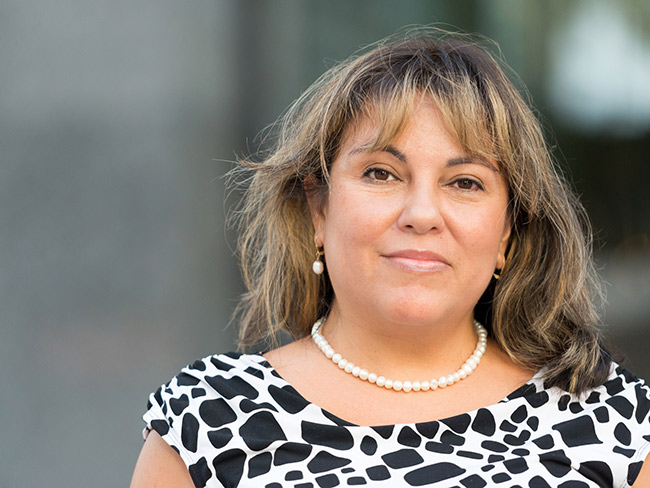
August 15, 2023
Screening for breast cancer: Mammogram guidelines
Mammograms can help detect breast cancer early, when it’s easier to treat. …

August 14, 2023
Marla’s story: Surviving acute promyelocytic leukemia
After a diagnosis for a rare type of blood cancer, Marla Marriott got high-qua …
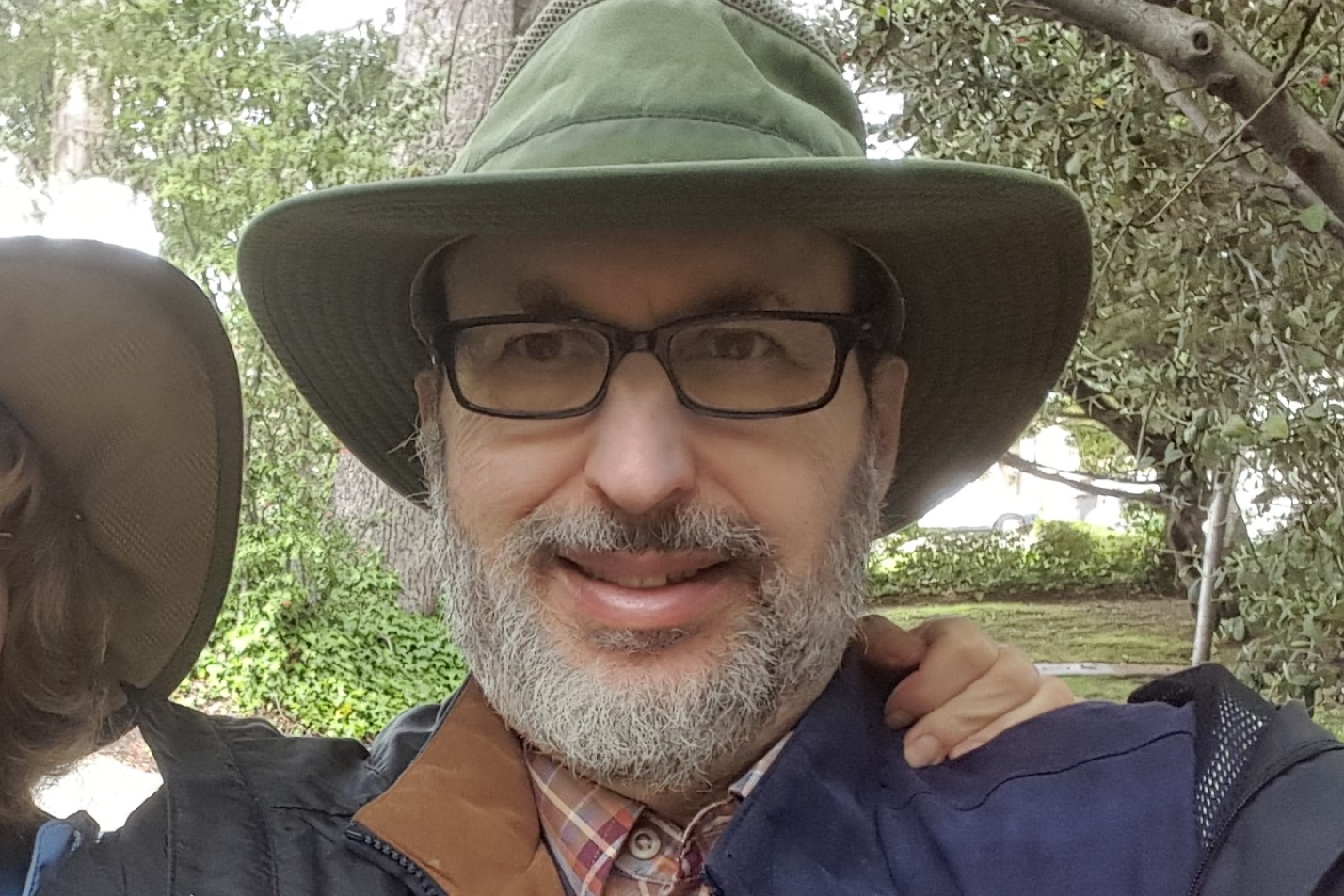
August 8, 2023
Genetic testing and customized cancer care
Harold Newman had advanced prostate cancer. Genetic testing helped expand …

August 4, 2023
Eating well and adopting healthy habits helps prevent cancer
Learn how lifestyle medicine is part of cancer care at Kaiser Permanente.
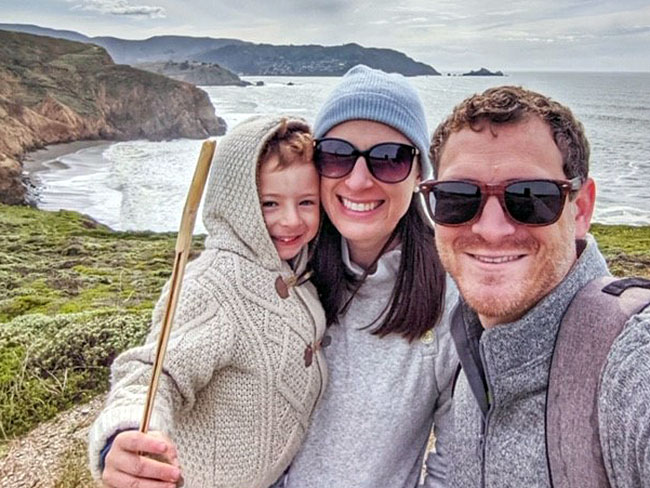
July 27, 2023
Courageously facing hereditary breast cancer
Fay Gordon's breast cancer was caught in the early stages thanks to genetic …
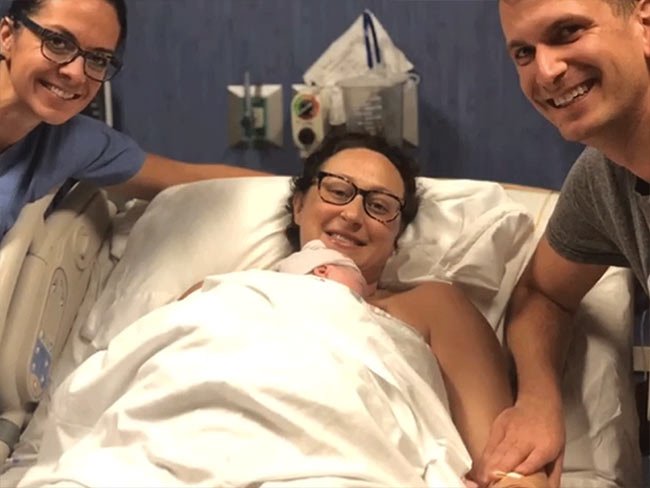
July 26, 2023
Can you get chemotherapy while pregnant?
Chemotherapy can be an option during pregnancy. Find out how Kaiser Permanente …

July 21, 2023
Thankful for every day after HPV-related cancer diagnosis
Michael West shares his incredible journey from diagnosis to treatment …

July 14, 2023
Breast reconstruction surgery after cancer
A Kaiser Permanente plastic surgeon explains breast reconstruction options …
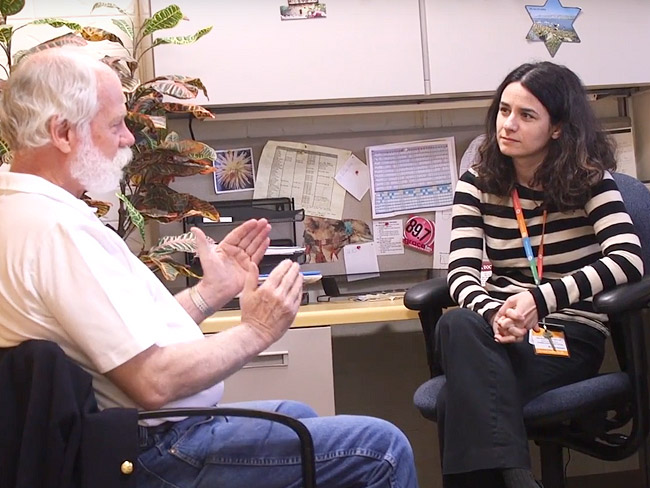
July 11, 2023
Cancer care for the body, mind, and spirit
Many people with cancer experience depression and anxiety. Mental health …

July 10, 2023
Beating colon cancer together: Miguel and Paula’s story
After they were both diagnosed with colon cancer, Miguel and Paula fought …

June 30, 2023
Doctors' top tips to manage prostate cancer risk factors
Age, family history, and race are key factors.
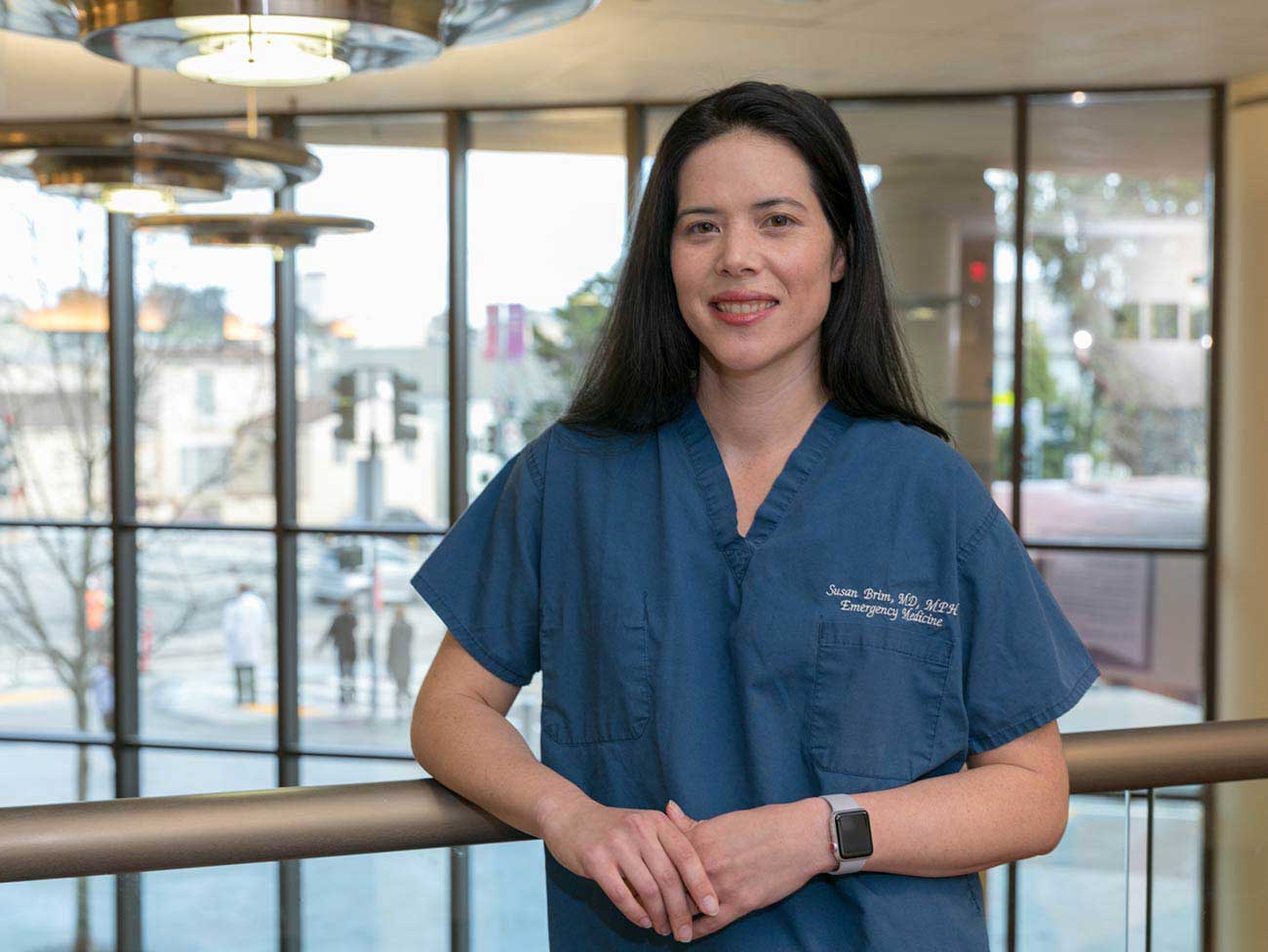
June 30, 2023
Lung cancer survivor received ‘pioneering’ care
Doctor and mother of 3 Susan Brim received top-notch care after her lung …
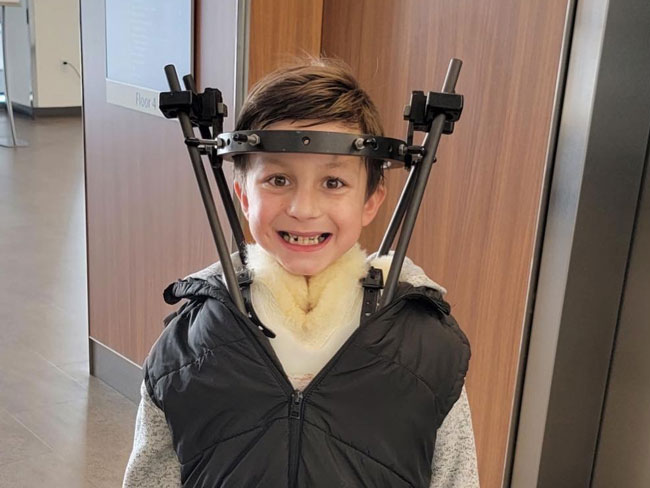
June 27, 2023
Comforting, personalized care for a kiddo with cancer
Carter Shaver from Portland, Oregon, shares his optimistic smile after …
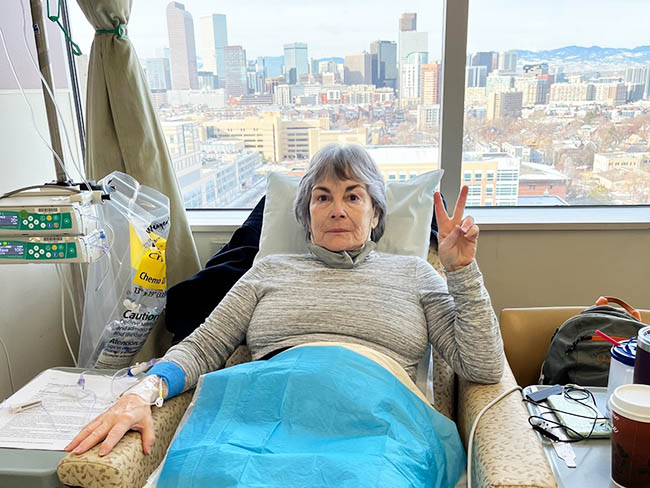
June 22, 2023
Employee joined Connect study after bloodwork results
Help change the future of cancer prevention by joining Connect today.

June 22, 2023
Higher survival rates for our patients with colon cancer
A new study compares Kaiser Permanente members in Southern California to …

June 15, 2023
Stay safe while having fun in the sun
Tips for preventing sunburn and decreasing the risk of skin cancer.
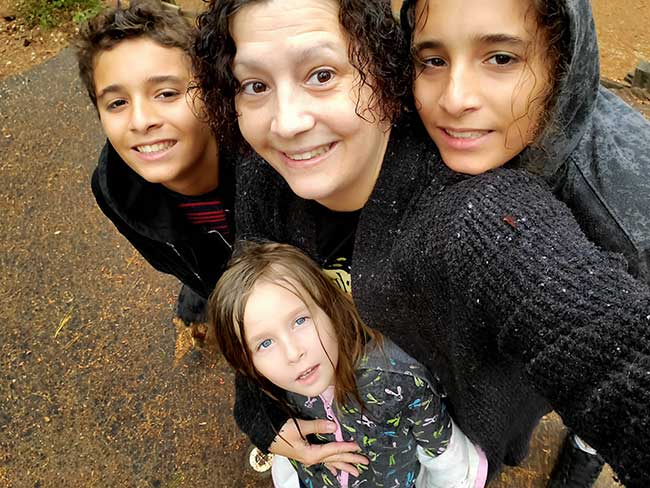
June 14, 2023
Living with stage 4 breast cancer
Thanks to personalized care from a team of skilled doctors, Christina McAmis …

May 30, 2023
The healing power of shared cancer experience
Peer mentoring program matches new cancer patients with others who’ve gone …
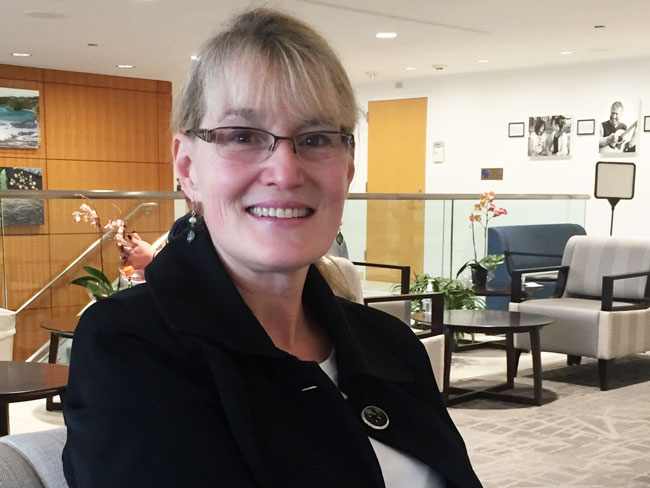
May 4, 2023
An unexpected cancer diagnosis
As a nonsmoker, Betty Schuldt’s stage 4 lung cancer diagnosis was surprising, …

April 25, 2023
Hannah Peters, MD, provides essential care to ‘Rosies’
When thousands of women industrial workers, often called “Rosies,” joined …

March 17, 2023
A call to 'Connect' for cancer research
A new study invites participants in Oregon to help uncover what causes …

March 14, 2023
Colorectal cancer on the rise among younger adults
Learn why early screening is crucial for prevention and treatment.
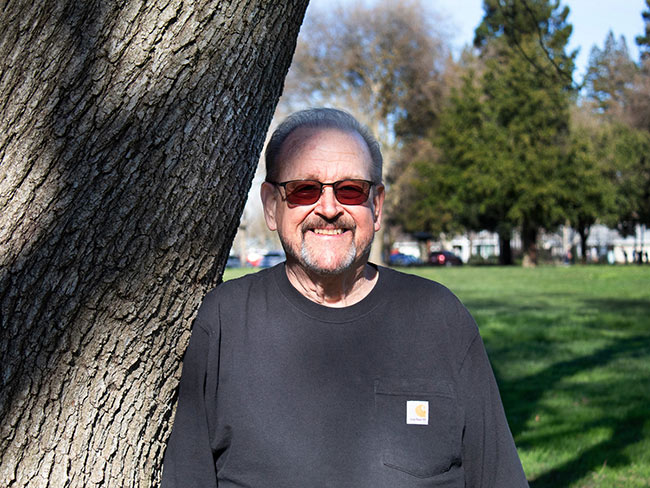
February 15, 2023
A new chapter for male patient with breast cancer
A multidisciplinary care team acted fast to help save the life of a Kaiser …

January 13, 2023
Making dreams come true
Member achieves bucket list goal of helping to build a Rose Parade float, …
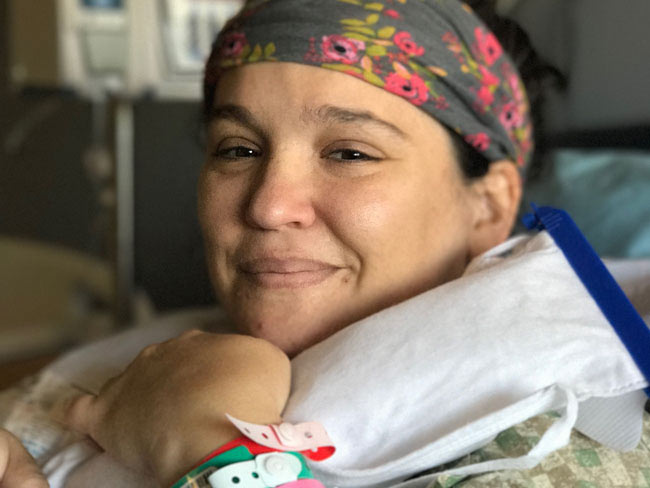
December 21, 2022
From cancer patient to cancer colleague
A Kaiser Permanente member’s cancer journey inspires her to join the team …

November 17, 2022
You’d never know she has lung cancer
Patients like Carol Pitman are living longer, more fulfilling lives thanks …

November 14, 2022
It’s time to rethink health care quality measurement
To meaningfully improve health equity, we must shift our focus to outcomes …

November 10, 2022
Stage 4 lung cancer: A story of hope
A young father is enjoying “bonus time” with his kids thanks to new targeted …
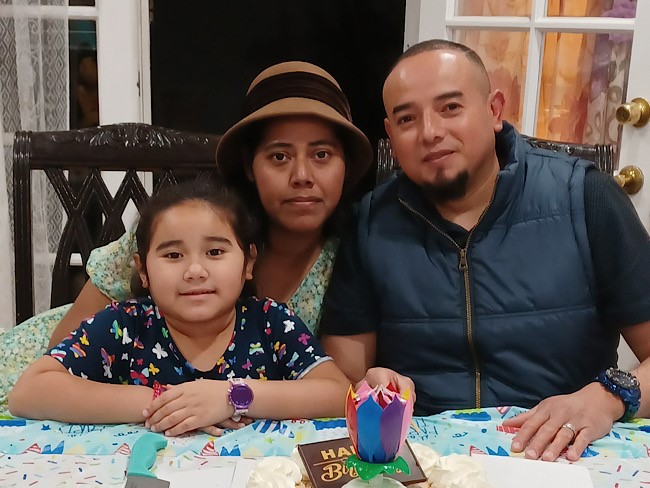
September 27, 2022
Medical excellence, compassionate nursing save mother’s life
A young woman sought help for what she thought was a work-related injury, …

August 17, 2022
Cancer clinical trials: Can they help find a cure?
These important research studies aim to help patients live longer, better …
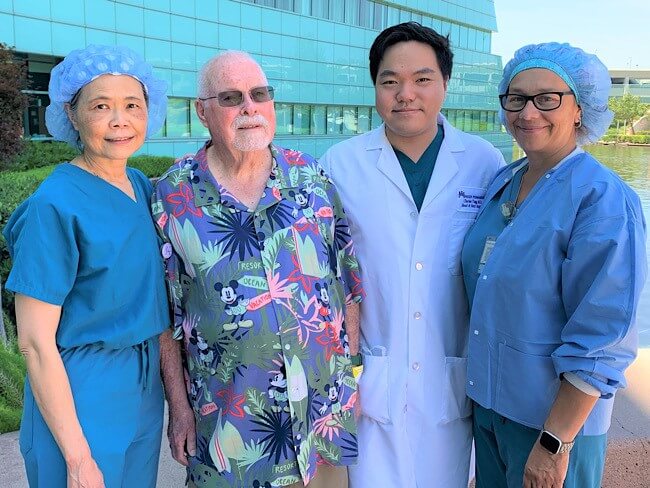
August 10, 2022
No signs of slowing down soon, thanks to care team
When a patient comes in for routine care, his physician — out of an abundance …
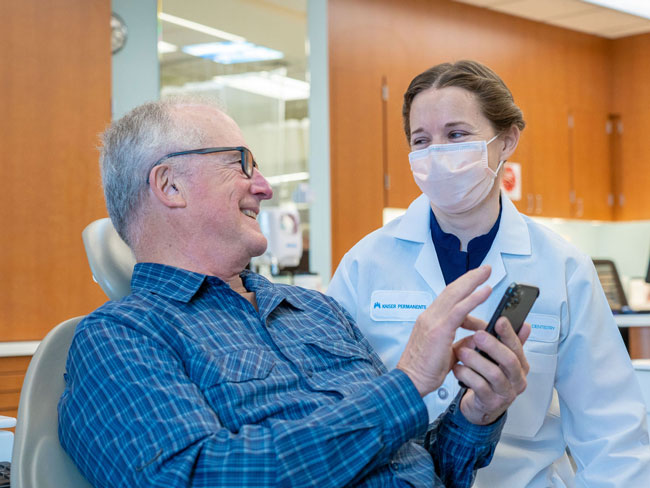
August 8, 2022
Routine dental visit leads to brain lymphoma diagnosis
Our highly integrated care team approach resulted in lifesaving early cancer …

July 29, 2022
The healing language of cancer
A Kaiser Permanente radiation oncologist shares how giving patients a voice …

June 6, 2022
New approach reduces colon cancer deaths
Kaiser Permanente reduces colon cancer deaths in its Southern California …

May 5, 2022
Research study will inform the future of cancer prevention
Connect for Cancer Prevention Study’s goal to recruit 200,000 participants …

April 22, 2022
Targeting testicular cancer by pooling knowledge
Urologists and oncologists work with research and technology partners to …

April 20, 2022
The perfect match: Living kidney donation saves LAPD officer
Bobbie Norman is grateful for 15 years of health after his wife — a fellow …

September 30, 2021
Risk calculator aids in prostate cancer screening
Created by Kaiser Permanente researchers, the tool is designed to help …

June 8, 2021
Cancer patients and physicians embrace telehealth
Video visits and virtual collaboration speed cancer care transformation …
April 5, 2021
Weight linked to risk of second cancer after breast cancer
Kaiser Permanente study has important public health implications given …

July 21, 2020
Diagnostic and preventive care is in our DNA
A routine screening helped detect Bill Walsh’s cancer before it became …

July 10, 2020
Pandemic doesn’t stop cancer care
When a busy elementary school teacher learned she had colorectal cancer, …

June 29, 2020
Pursuing her dream after breast cancer
After beating cancer twice, survivor Janita Green achieves a longtime goal.

January 21, 2020
Destination health: Stopping cancer before it starts
Kaiser Permanente is creating more healthy life years with a combined focus …
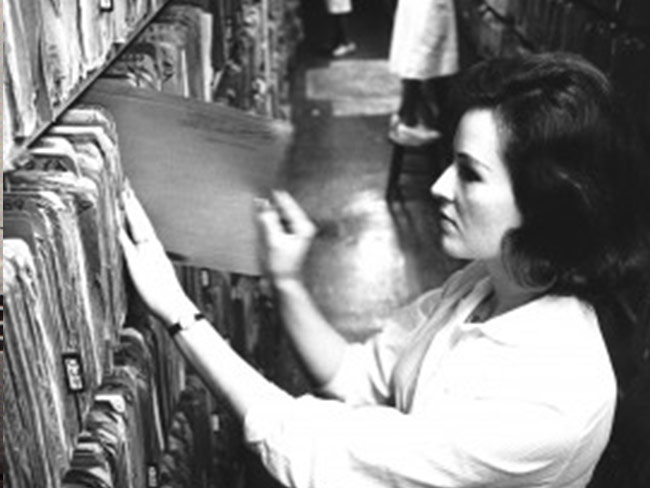
March 6, 2013
Decades of health records fuel Kaiser Permanente research
Over 50 years of early Kaiser Permanente electronic health records since …